Expansion of NFT Application Areas
Since the rise of non-fungible tokens (NFTs) in the digital art world, these tokens have gradually become an innovative tool across various industries. By 2025, the application of NFTs has expanded beyond the art market to industries such as real estate, education, and intellectual property protection. These innovations are redefining our understanding of asset ownership, identity verification, and resource management.
NFTs in Real Estate
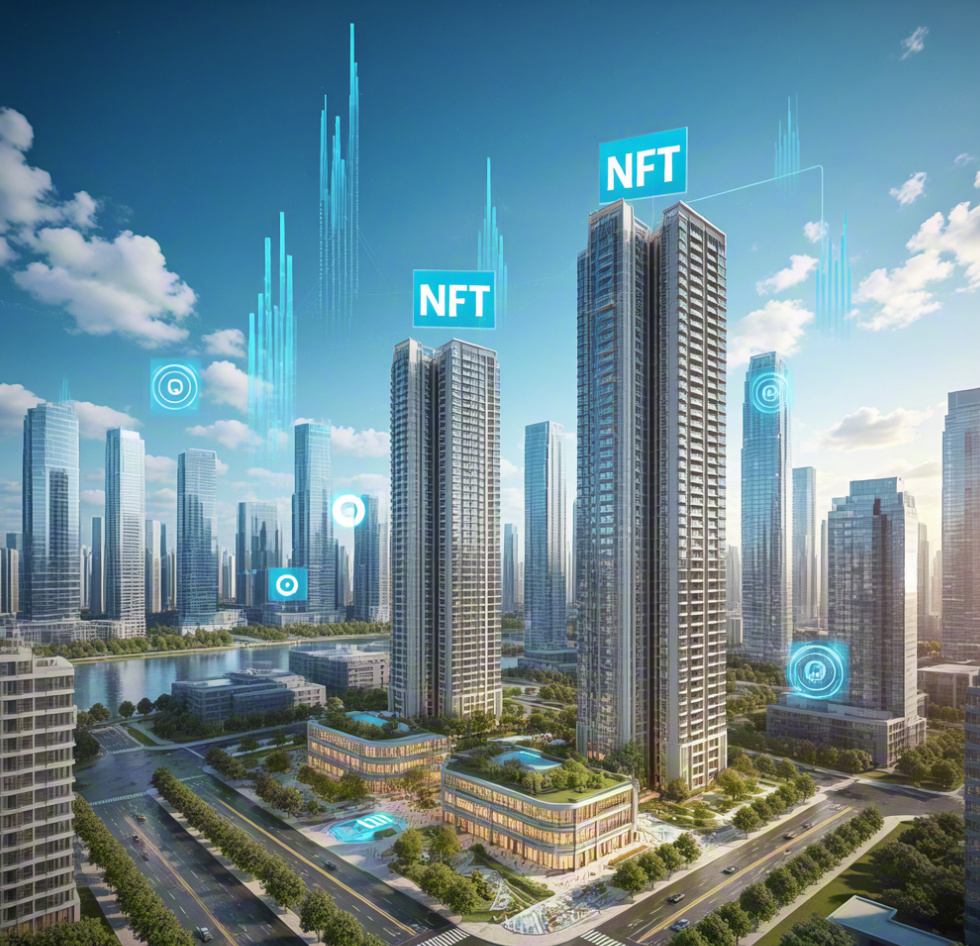
In real estate, NFTs can represent ownership of a specific property or transaction record. Traditionally, real estate transactions involve extensive legal documentation and intermediaries. However, NFTs can automate this process through smart contracts and provide transparent and immutable transaction records. NFTs can also simplify the property transfer process, linking the ownership of a property directly to the NFT, thereby speeding up the transaction process.
Innovations in Education Using NFTs
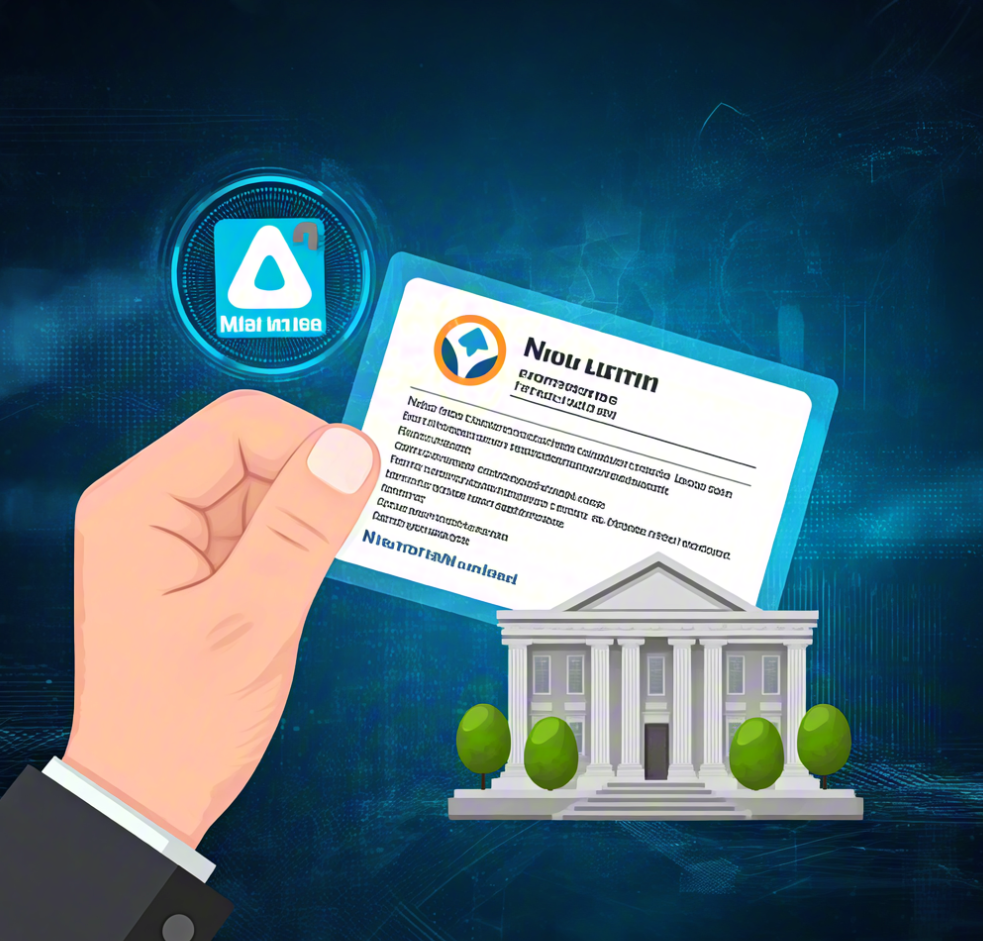
In the education sector, NFTs offer a revolutionary way to certify qualifications. Many educational institutions are issuing NFT certificates as a digital proof of a student's expertise or skills in a specific area. Compared to traditional paper certificates, NFT certificates are more convenient and simplify the qualification verification process. Students can easily share their NFT certificates without worrying about forgery or loss.
This change not only improves the efficiency of qualification certification but also facilitates academic exchanges and collaborations across borders. As NFTs become more prevalent in education, students and professionals around the world will be able to showcase their academic achievements more conveniently.
NFTs in Intellectual Property Protection
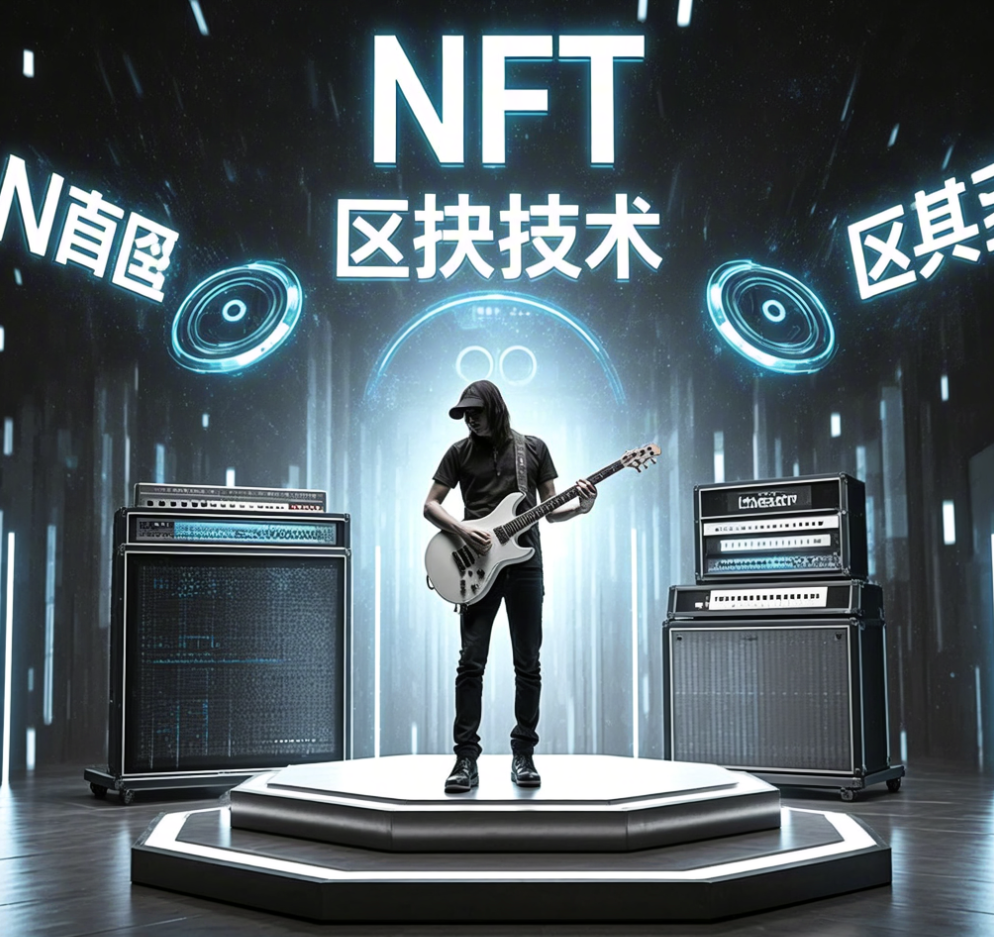
NFTs also provide new solutions for intellectual property protection. In industries like digital creation, music, and film, NFTs can give works a unique identifier and ensure ownership and usage rights through blockchain technology. This allows creators to engage in copyright transactions globally without intermediaries, and track the usage of their works.
For instance, a musician can release their music as NFTs and set up smart contracts to automatically receive royalties each time the music is played or downloaded. This model not only helps increase creators' earnings but also reduces copyright disputes and improves the transparency of copyright management.
Future Prospects of NFT Technology
With the maturation of blockchain technology, the application of NFTs will continue to expand. In the future, we may see NFTs applied in even more fields such as public affairs, medical record management, and environmental monitoring. The decentralized nature of NFTs will make data management in these fields more transparent, secure, and efficient.
Overall, the technological innovation of NFTs is driving change across industries. Whether in real estate, education, or intellectual property protection, these sectors are benefitting from NFTs. As these applications mature, NFTs are likely to play an even more significant role in the digital economy of the future.











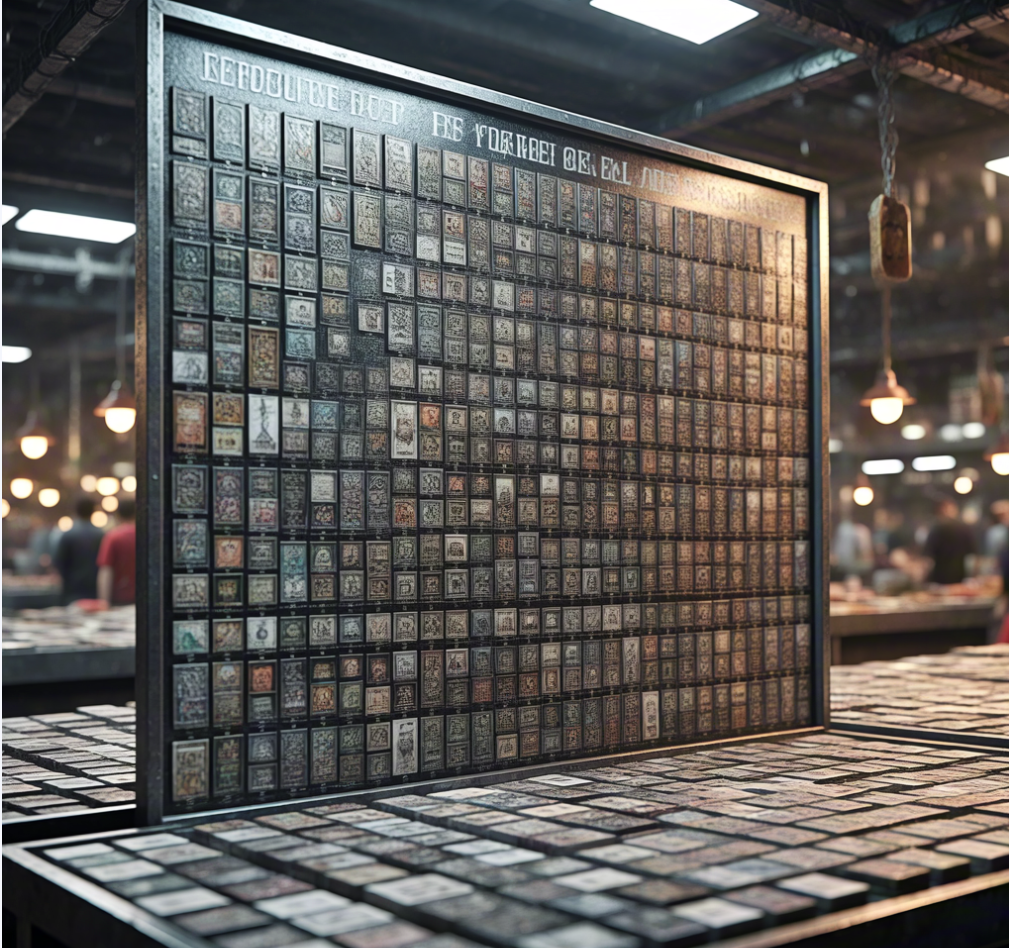
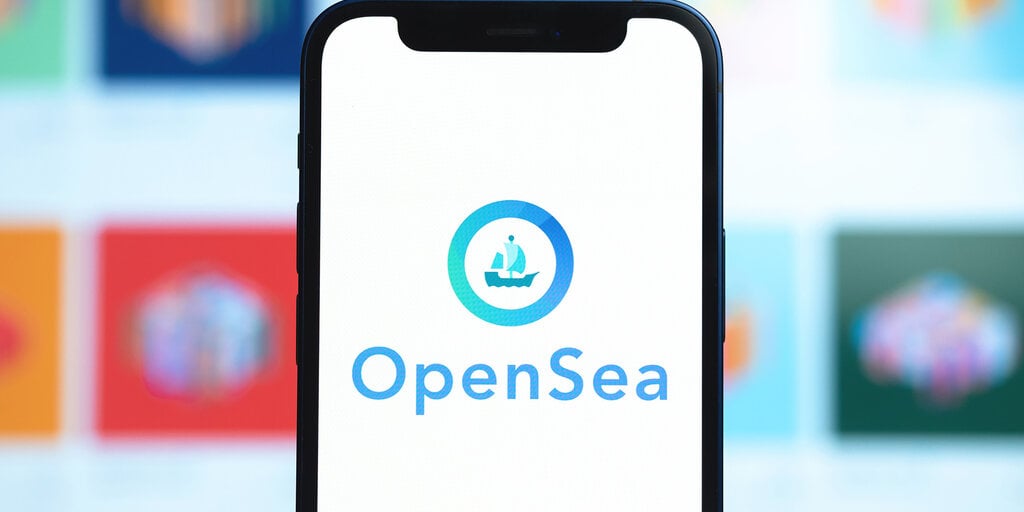
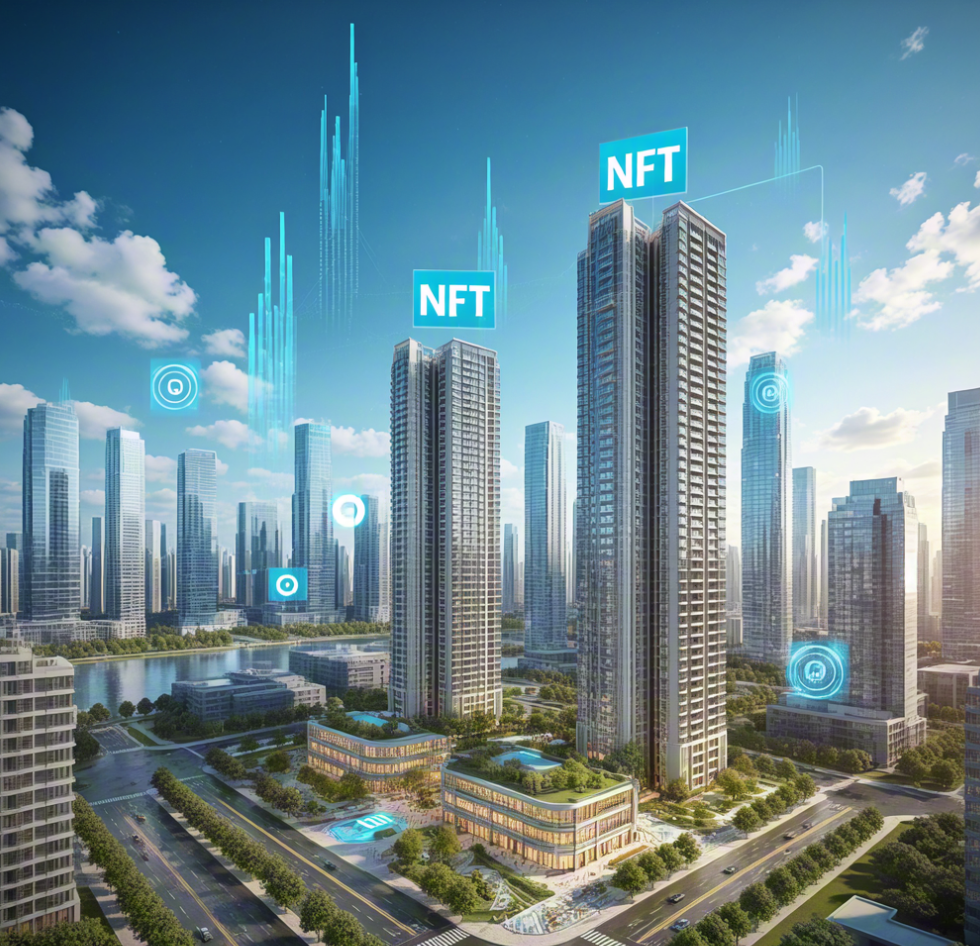

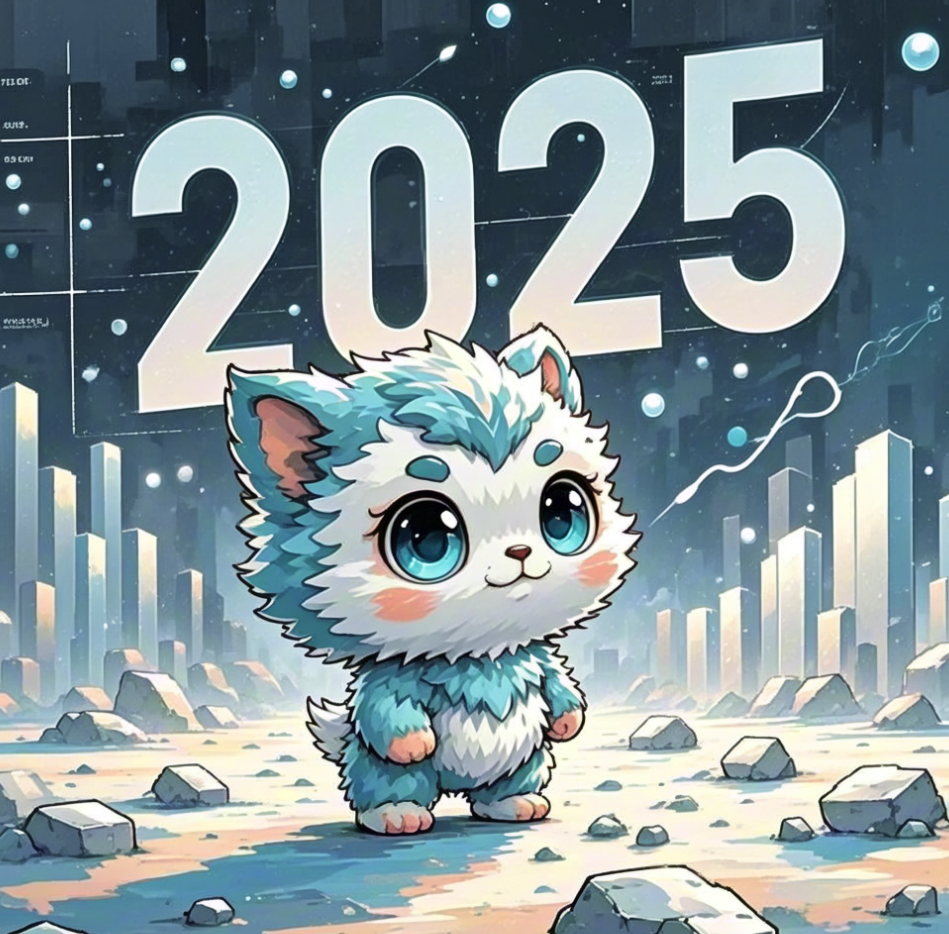
No comments yet